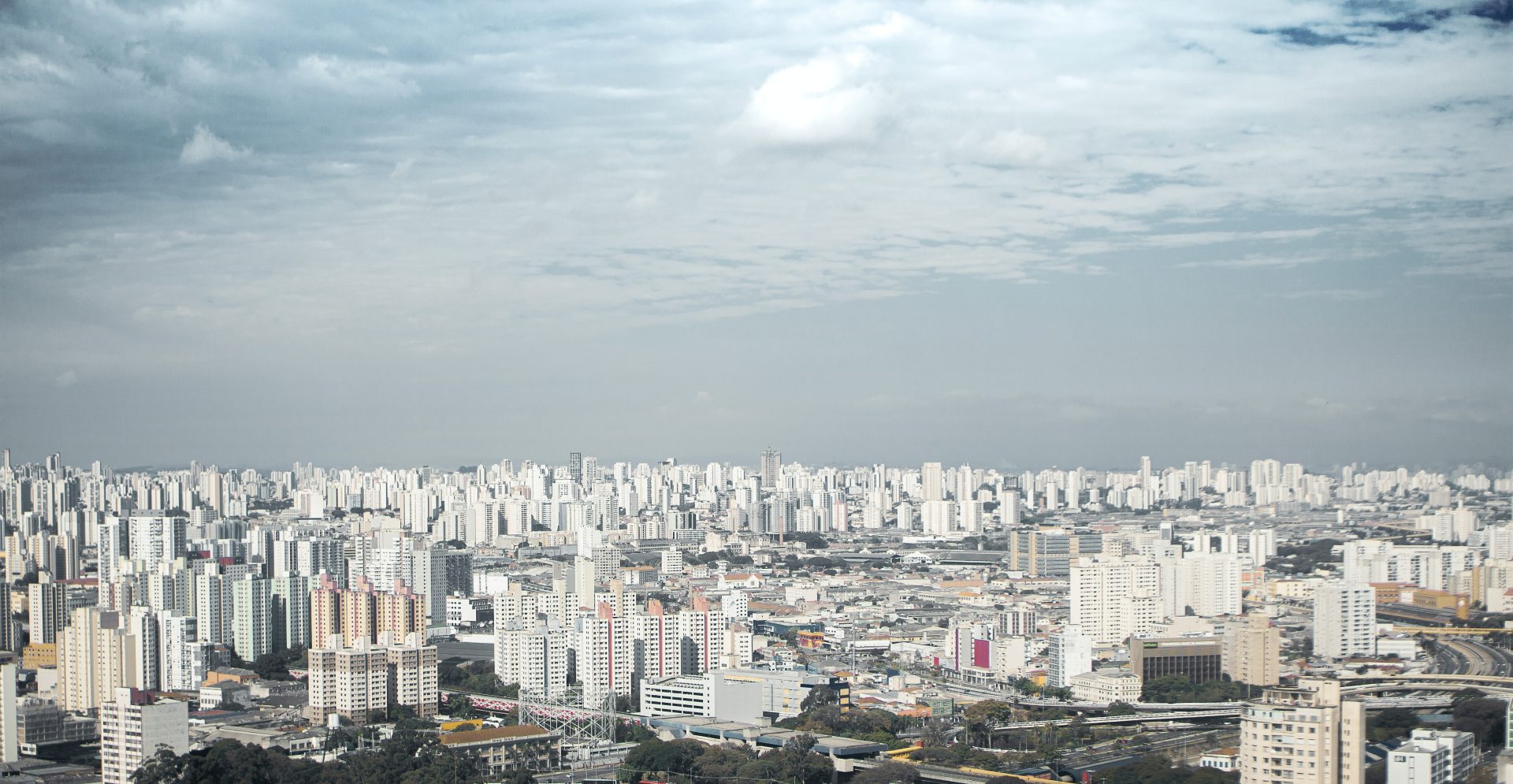On November 23, we held the second community call for our project directed at building a healthier and more robust information ecosystem in Latin America and the Caribbean. We were joined by 20 participants from 10 countries in the region and had a collective conversation about the different ways each participant and their organisations were working to strengthen this ecosystem, and about the challenges they’re facing.
We appreciate everyone who came to share their perspectives and expertise with the group. In this blog post, we’re sharing some of the major themes that emerged from this conversation.
“If the actors who are damaging the information ecosystem are really good at collaborating, we have to be even better”
When talking about how the information ecosystem in the region could become stronger, the need for more collaboration between different actors who are working to create healthier information ecosystems was quickly pointed out by participants.
There are quite a lot of similarities in terms of the challenges civil society faces in the information ecosystem across the region – whether it’s the existence of coordinated groups perpetuating mis- and disinformation or local governments rolling out similar strategies to curtail civil society organising. To respond to this context, practitioners mentioned wanting to have multidisciplinary spaces where those working towards social justice can have dialogue about common challenges they’re facing in the information ecosystem, share strategies and projects they’re working on, and eventually combine efforts and work on projects together.
Though collaboration was seen by participants as something needed in the space, they also shared how difficult it can be to secure long-term resources to make regional and/or cross-sector collaboration possible. Participants from countries like Brazil, Argentina and Colombia talked about how collaboration requires a lot of time and coordination – “to build trust, consolidate relationships, find alignment” – and it can be hard to secure funding to undertake the activities and the work of forming alliances, which is sometimes seen as “invisible” and/or “not urgent”.
Threats to civil society and machismo as concerning features of information ecosystems in the region
During our conversation, participants also indicated the impact that governments with authoritarian tendencies have had on the information ecosystem in the region. Participants shared that they have been dealing with governmental surveillance, censorship in digital platforms and, occasionally, the spread of misinformation and disinformation coming from state actors. One participant working on sexual and reproductive health and rights, for instance, shared that though they work on a regional level, their content on social media was removed at the request of a municipal government in one of the countries in which they work, showing the impact that local governments can have on the information ecosystem more broadly.
Relatedly, a number of participants described how expressions of machismo, including gender based violence and gendered dis- and misinformation, are defining features of the information ecosystem in Latin America. For instance, one practitioner described how they witness a large amount of disinformation on sexual and reproductive health and rights, and in their work, they face significant issues, such as censoring and digital attacks. Another person working to share audiovisual content on sexual and gender dissidences in Latin America also faces censorship in the process of sharing their work. To those who joined our conversation last week, building a healthier and more robust information ecosystem in the region requires fighting these types of gendered violence.
Building bridges and sharing knowledge for a stronger information ecosystem
During this call, participants talked about leveraging digital technologies (as well as using other relevant strategies!) to communicate with each other and create bridges across different sectors and areas of work, which includes building collective knowledge around skills such as communications, digital security and data, digital rights, and more. To this end, like in the previous community call, participants highlighted the importance of working to improve information ecosystems on a local level, fostering a sense of community and responding to the information needs of their communities.
Some of the inspiring initiatives we got to know a little more during the call and who are working towards strengthening their local information ecosystems include:
- Taturana, a Brazilian film distribution organisation working with local mediators to make social impact movies more accessible;
- DataLabe a narrative and data lab from Maré in Rio de Janeiro;
- Escuela Audiovisual al Borde, organised by Mujeres Al Borde to help people can create their own narratives and content;
- Nós Mulheres da Periferia, a Black-women led journalistic vehicle in Brazil;
- Linterna Verde’s project circuito.digital through which they help organisations to understand content moderation problems and document cases;
- LatFem, a digital native feminist media working to provide quality information in the region;
- … and many more (we’ll keep sharing more about this in our blog over the next few months!).
Participants also talked about support and investment in work done by indigenous, quilombola and black-led organisations as something that is crucial to having stronger local information ecosystems in the region.
What’s next and how you can get involved
During the next few weeks, we’re interviewing researchers, communicators, journalists, civic media professionals, digital rights defenders and social justice activists working to build better information ecosystems in Latin America and the Caribbean. We’ll also host another community call for this project in the beginning of 2024 – keep an eye on our blog and newsletter for more info on how you can join us!
As part of this project, our team is also offering free tech and data support to social justice organisations, activists and journalists, if you’re interested, sign up for an introductory call with us.
Photo by Carlos Kenobi on Unsplash

